Cheating: How students test teachers
“We are all humans, every one of us, our eyes wander and we feel guilty because we didn’t have time to study, and it’s the teacher fault because of this…” said social studies teacher Doug Berglund. “I understand that so I just try to prevent it… basically I have different versions of the test for one thing so you just can’t look at your neighbors. And… I regularly remind them that I expect them to be honest and to keep their eyes on their own paper. I will say cover your answer your neighbor might not be as honest as you are so I’m giving them the benefit of the doubt,” Berglund continued.
How many times have YOU cheated? Whether it is secretly writing something down for a test, or copying someone else’s work many students have cheated in some way at some point.
In some classes at South it’s hard to cheat and in others it is easy, depending on the teacher. All teachers have a different way of preventing and punishing cheating. Some take cheating very seriously while others stick to the basic punishment.
“I guess some might say I was a bit overly reactive when [cheating] happened I made a big deal in front of everybody, I took the test, I ripped it up, I took it up front and I taped it to the front of my room. It’s like the villages who have the carcasses of their enemy soldiers hanging at the gates,” said social studies teacher Doug Berglund, recalling what he does when catching a student cheating.
Punishing students for cheating can be difficult because the teacher has to be 100% sure that the student actually is cheating or they risk making a false accusation and punishing someone innocent.
“I say they get 0 and I notify the parents but…when I go to that extreme I can’t be 90% sure, I have to be 100% sure. Then I will give them a 0 but… it kind of depends on how sure I am,” said James Schultz a math teacher at South.
So how do teachers try to prevent cheating in their classroom? According to the academic honesty policy in South’s student handbook, “The classroom teacher will handle incidents of academic dishonesty. The teacher may also refer the student to an assistant principal for further disciplinary action.” Just like how teachers have different ways of punishing students they have different ways of preventing cheating.
“We are all humans, every one of us. Our eyes wander and we feel guilty because we didn’t have time to study, and it’s the teacher fault because of this,” said Berglund.
“I understand that so I just try to prevent it… basically, I have different versions of the test for one thing so you just can’t look at your neighbors. And…I regularly remind them that I expect them to be honest and to keep their eyes on their own paper. I will say, ‘cover your answer your neighbor might not be as honest as you are’ so I’m giving them the benefit of the doubt,” Berglund continued.
Do all of these different strategies help prevent students from cheating? The ratio of how many students cheat vs. how many students get caught cheating isn’t exactly even. According to a study done by The Josephson Institute Center for Youth Ethics, 95 percent said they participated in some form of cheating, whether it was on a test, plagiarism, or copying homework.
“I don’t take Spanish anymore but I used to have to write the conjugations for the [test] and I used to just wear a skirt. If I needed to check which one [conjugation to use], I would just pull it up a little bit because teachers won’t ask you to pull your skirt up. I mean it’s genius,” admitted Abby, a student who’s name, along with all other students interviewed, has been changed due to the nature of this article.
Cheating is especially common today because of all the websites that are made to help you cheat. For example, there are websites that can write your essay for you, all you have to do is type in the topic. There are also websites that have the answers to the exact test that your teacher is using. There are so many ways to cheat that it is difficult for teachers to find ways to prevent it.
“At the end of the year last year a guy in one of my classes paid me $100 to do a final project for him and I did it,” said former student Jenn.
Students cheat for different reasons. Some may do it because of all the pressure of getting a good grade to maintain your GPA in order to get accepted into a good college. Other students may do it to simply take the easy way out so that they don’t have to do as much work as they would if they had studied.
“It happens a lot because teachers are focused on giving tests and projects and stuff, and students are so focused on getting a good grade that they feel the need to cheat to get the answers right and it’s not about the learning… In a lot of classes, it’s all about the grade and that’s why people cheat,” said Abby.
“For whatever reason, they are not keeping up so they kinda use cheating as a shortcut. The other thing is they just want to take the easy way out, the path of least resistance. But that really hurts them in the end and it kinda creates a cycle… so basically what they are doing is digging themselves into a deeper and deeper hole,” said Schultz.
Cheating has consequences too. If you get in the habit of cheating you may do it in college where it is a much bigger deal with greater consequences. And because when you are cheating you are not really learning it can cause you to not enjoy the class as much because you do not understand the content.
Most colleges punish you based on the severity of the cheating. At the University of Minnesota, if you are caught violating any of their Student Conduct Codes, including plagiarism and cheating, you are subject to the consequences which the student conduct code refers to sanctions.
According to the University of Minnesota’s community standards, “Sanctions are determined based on a range of factors including, what the student did, who it affected, and how the student can best learn from the experience. If an informal meeting between an OCS staff member and the student is required, possible sanctions will be discussed at that meeting. If a meeting is not required, sanctions will be outlined in an email that is sent to the student.”
Depending on what your professor decides a students punishment could include failing one assignment, failing the entire class, getting suspended, or even expelled depending on the severity of what you did.
“They are moving forward without mastery so instead of enjoying their academics… they are going to learn to hate the class because they can’t handle the content, and probably worst of all they are going to feel worse about themselves because if you are not turning in authentic work when you look in the mirror you are not going to be proud of yourself. You are kind of setting yourself up failure in the future and kind of hurting your self esteem,” said Schultz.

Maya joined the Southerner last year, during her sophomore year of high school. It was actually an accident, but Maya thought the class was pretty chill,...

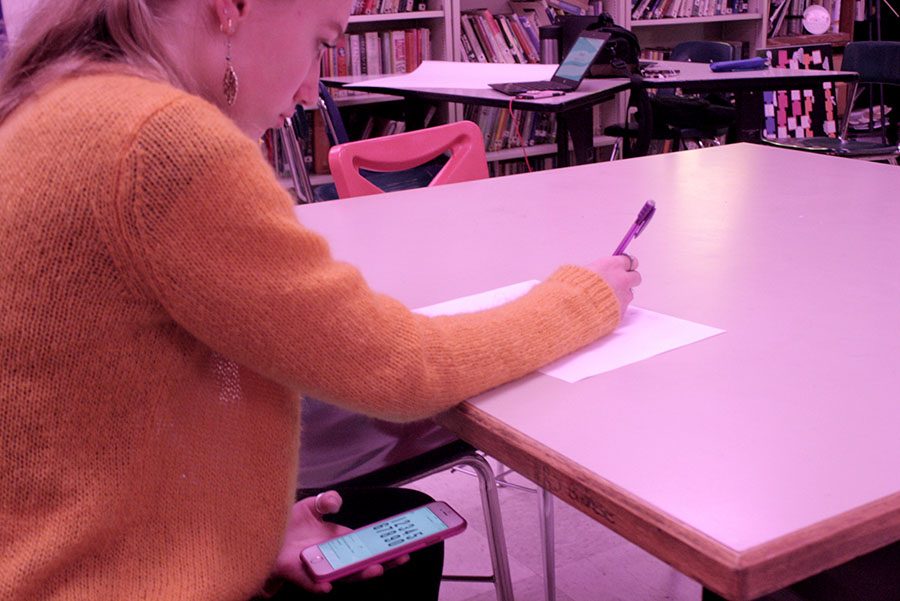

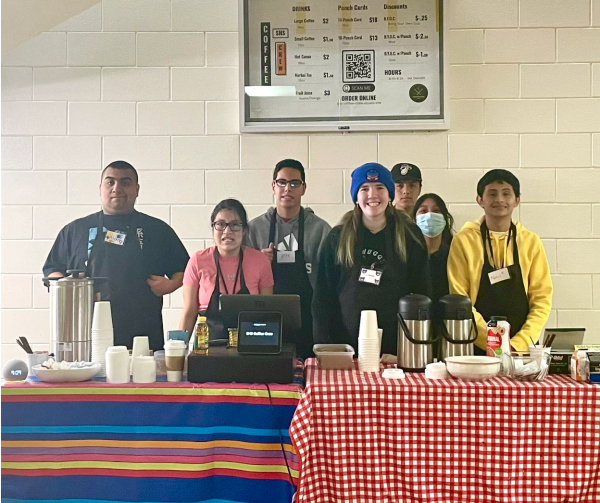
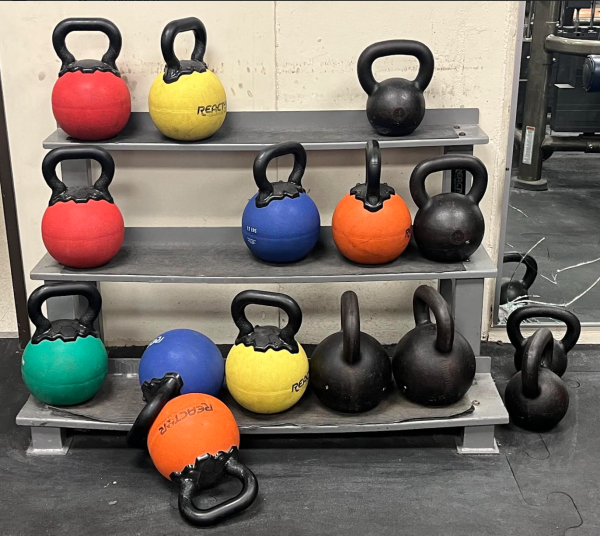


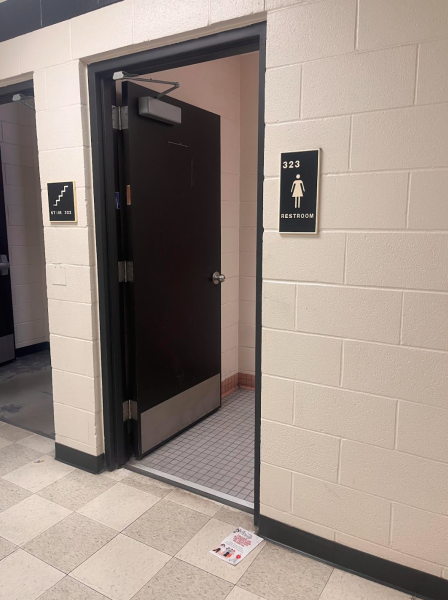

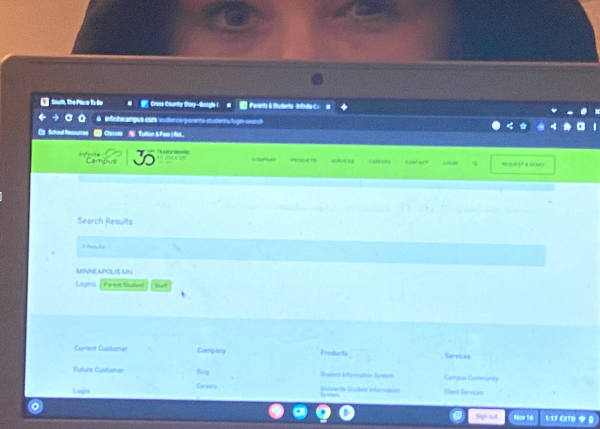
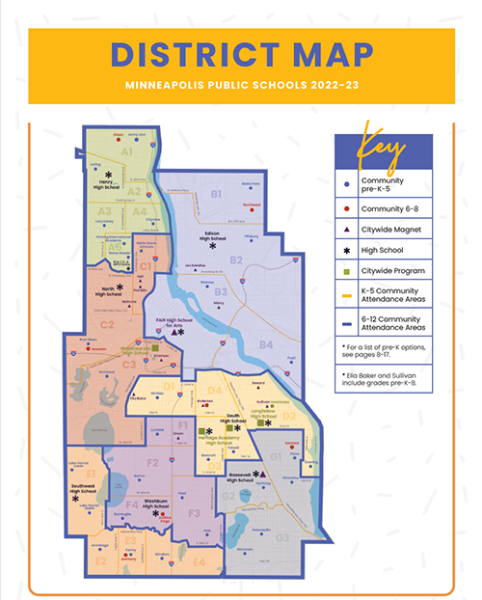
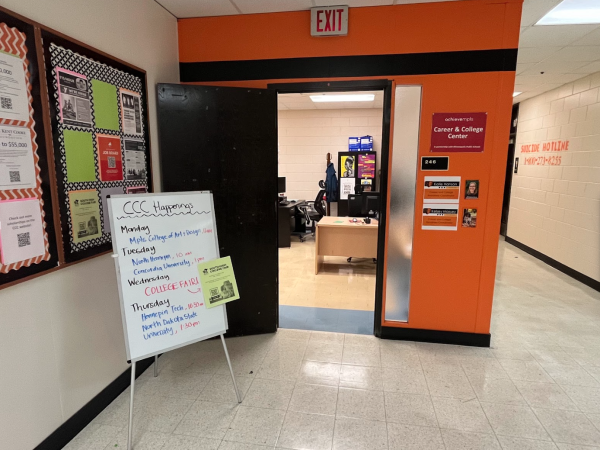
Melinda Bennett • Mar 2, 2019 at 11:33 am
I thoroughly enjoyed reading this insightful article, Maya. I wonder how much of it was inspired or reflected my own class? I appreciate how thoughtful and well-written it is. I look forward to hearing more on this and other topics